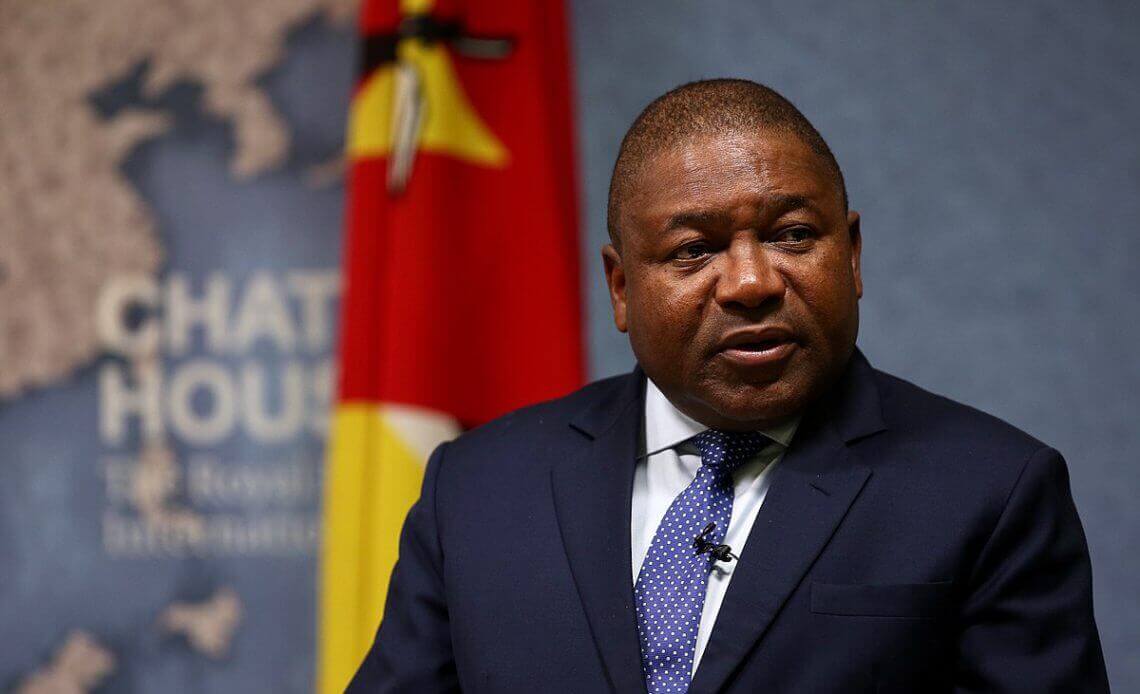The Institute for Security Studies’ (ISS) Marko Svicevic and Timothy Walker argue that despite the Southern African Development Community’s (SADC) member states agreeing earlier this month to launch a military intervention in Mozambique, there remain “limited legal options” for such a response.
On April 8, following a meeting between the leaders of Mozambique, Malawi, Zanzibar, Botswana, Zimbabwe, and South Africa, the SADC announced the launch of a “proportionate regional response” to the Islamist insurgency in Mozambique’s crisis-torn Cabo Delgado region. The nature of the SADC’s response remains fairly vague at this stage but the leaders did agree to an “immediate technical deployment”.
ISS’ Svicevic and Walker, however, posit that such a plan is not currently rooted in international or regional law.
There is reason to believe that Mozambique has requested foreign military intervention, as evidenced by President Filipe Nyusi’s comments at the SADC leaders’ summit, when he said, “No war is won if it is not clear from the start, (about) what must be done by our country and what must be done by the allies.”
However, prior to the SADC meeting, Nyusi stressed on Mozambique’s sovereignty. He remarked, “Those who arrive from abroad will not replace us, they will support us. It is not empty pride. It is a sense of sovereignty.” He has also previously indicated his reluctance to invite foreign troops unless it is clear what value they offer.
Nyusi has instead preferred to rely on mercenary and private military companies like Dyck Advisory Group (DAG) for specific and targeted missions to “protect mining installations and offshore rigs.”
Therefore, it remains unclear whether the Mozambican government has placed a formal request for foreign military assistance.
Another ‘legal basis’ for a coordinated response by SADC is ‘collective self-defence’. In fact, the SADC’s Mutual Defence Pact states: “An armed attack against a State Party shall be considered a threat to regional peace and security and such an attack shall be met with immediate collective action.”
However, this provision cannot be invoked in the absence of a formal request by the Mozambican government. In such a scenario, the SADC could rely on its Protocol on Politics, Defence, and Security Co-operation, which allows for foreign intervention in cases of “large scale violence between sections of the population”, “conditions of civil war or insurgency”, and “conflict which threatens peace and security in the region or the territory of another State Party”.
However, in order to activate this protocol, the SADC would instead require the approval of the United Nations Security Council (UNSC), as per Article 53 of the UN Charter. The Mozambican government is unlikely to take kindly to such a directive from the UNSC, especially considering that it continues to insist that it must control the distribution of all humanitarian assistance to the region. In fact, this insistence has caused the UN’s World Food Programme (WFP) and other aid agencies to decide against sending aid to Mozambique.
The crisis in Mozambique’s Cabo Delgado has already claimed over 2,600 lives and led to the displacement of more than 700,000 people, many of whom are fleeing to neighbouring countries, including Zimbabwe, Eswatini, South Africa, and Zimbabwe. Given that the militants in the country are often entering the country from Kenya and Tanzania and the fact that many of these terrorists are now crossing borders into neighbouring countries and conducting attacks there, it is clear that this crisis is a regional concern. Yet, proving this as per the terms of regional and international law, especially when Mozambique seems reluctant to allow foreign intervention, is likely to impede the deployment of a militarised SADC mission to the country.
Mozambique’s Reluctance to Foreign Intervention Impedes Deployment of Militarised Mission
Although Mozambique’sgovernment has appreciated the concern shown by regional allies about the Islamist insurgency in Cabo Delgado, it nonetheless remains reluctant to request military intervention.
April 27, 2021

Mozambican President Filipe Nyusi SOURCE: PLATAFORMA
